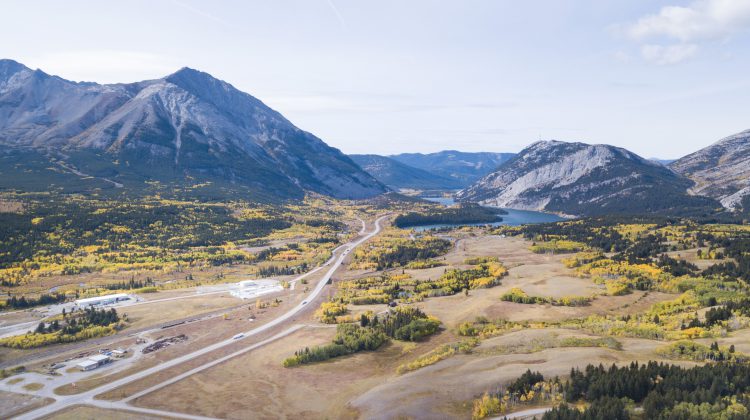Canadian Pacific Railway (CP) is providing $500,000 to the Nature Conservancy of Canada (NCC) in support of the Jim Prentice Wildlife Corridor in the Crowsnest Pass, which aims to protect various species along Highway 3.
In October 2018, the NCC announced the corridor between Crowsnest Lake and Coleman, which will connect Crown forest reserve lands from Castle Provincial Park and Castle Wildland Provincial Park in the north to Waterton Lakes National Park and Glacier National Park in the south, spanning just over 8 kilometres.
“What the Nature Conservancy of Canada is trying to do is trying to create a network of conservation lands on either side of Highway 3,” says Carys Richards, Alberta Region Manager of Communications with the NCC. “Our hopes are that once the land is secured, the Provincial Government might be interested in putting a wildlife crossing structure because this is also an area that there is also a lot of wildlife and vehicle collisions.”
The $500,000 donation from Canadian Pacific on Tuesday will be used for research and land acquisition, as the NCC has conserved more than 80% of the required land within the corridor area.
“This money is going to go towards the securement and stewardship of key lands along the corridor and also it’s going to be investing some research that we’re going to be doing to monitor which animals are crossing at the timing of the crossing, which is going to help guide us in moving forward how we want to work best to steward this area,” added Richards.
Richards told our sister radio station in Cranbrook that they hope to secure the remaining lands for the entire corridor by the end of 2020, as they continuing to have discussions with the remaining landowners.
The NCC said almost all wildlife species living in the foothills and mountain regions will use the corridor, whether it be ungulate populations like elk, deer, moose, and bighorn sheep, or carnivores such as bears, wolverines, and cougars.
(Story from Bradley Jones, MyEastKootenayNow.com)




